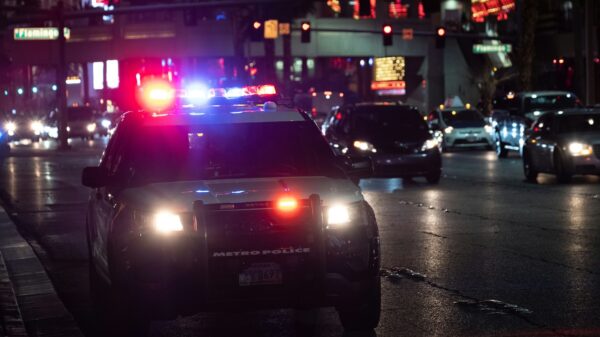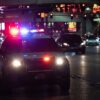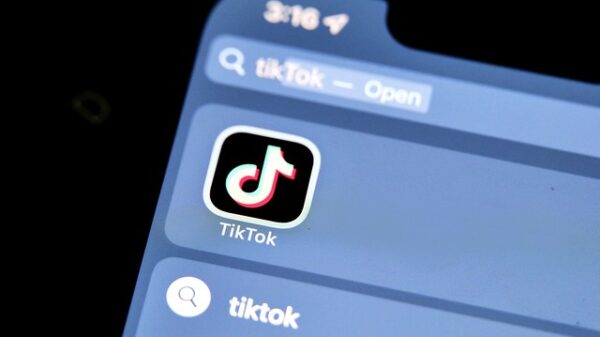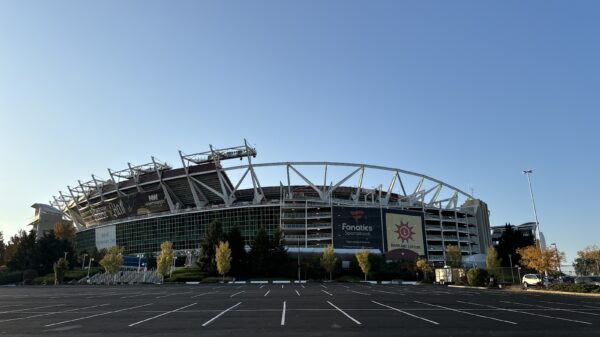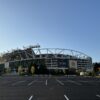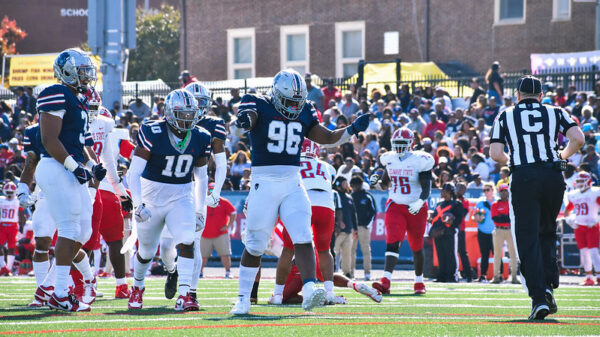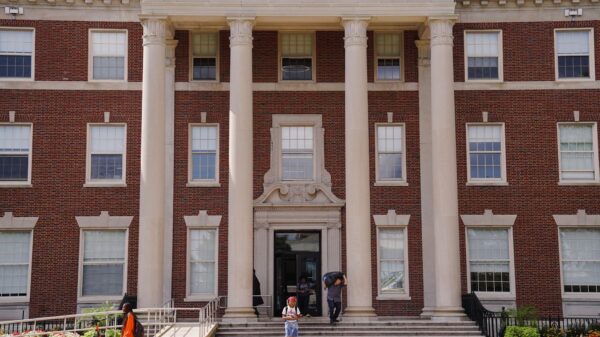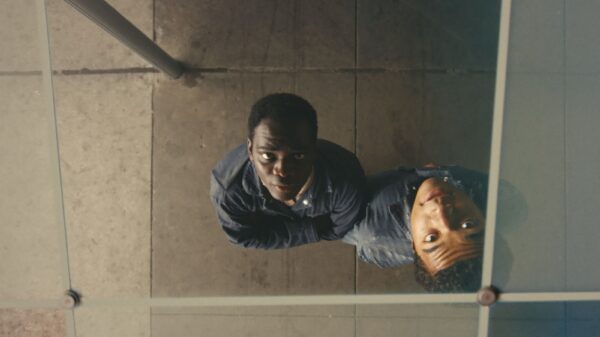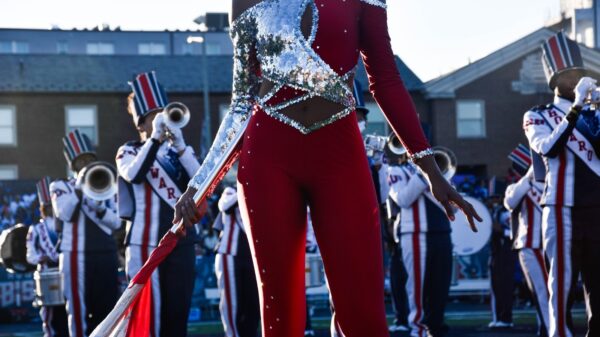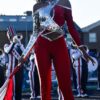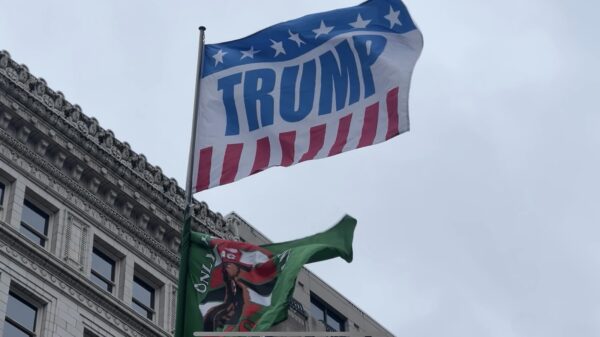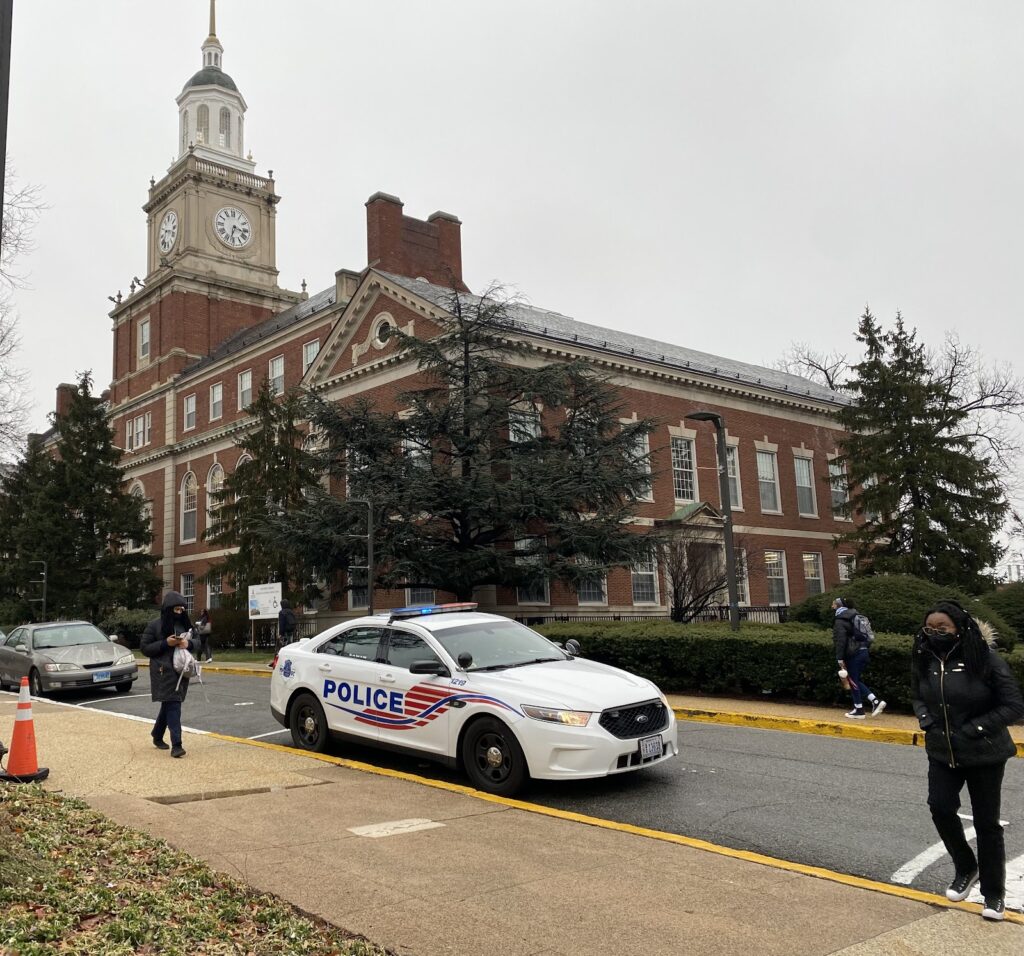
Returning from winter break, Howard University began its spring semester receiving three bomb threats. Though no explosives were detected, the bomb threats brought national attention to the campus, in addition to an FBI investigation.
The team of investigators identified the persons of interest responsible for the multiple bomb threats at Howard, and numerous other HBCUs, on Feb. 3, nearly a month after the first reported bomb threat of the year. The perpetrators were described as “tech savvy juveniles” with racial motivations according to DPS.
The first bomb threat was reported on Jan. 4, two weeks before classes commenced. The university received two more bomb threats, on Jan. 31 and Feb. 1, occuring within 24 hours of each other. Howard’s Department of Public Safety (DPS) and the Metropolitan Police Department (MPD) sent a statement to students issuing an “all clear.”
“Between 3-6 a.m., the Howard University Department of Public Safety and the Metropolitan Police Department investigated, assessed and eventually cleared the campus after a bomb threat made against our campus. All academic, research, auxiliary and community service functions will open at full capacity and operate during regular business hours for today,” stated Executive Vice President & Chief Operating Officer Tashni-Ann Dubroy in a university email regarding the Feb. 1 bomb threat.
The morning of Feb. 2, hours after the report of the third bomb threat, students filled the yard, commuting to their classes. The decision to continue with in-person learning following the multiple bomb threats came as a shock to some students. “I feel like the response from the university was a little bit confusing in the sense that there was no hesitation to switch to virtual classes when there was bad weather, compared to business as usual when we get literal threats that cause greater fear and anxiety,” freshman biology major Alexis Williams said.
Police cars were littered on various street corners in an attempt to guard the campus. “We have already ramped up the police presence on campus. You will see MPD and DPS officers stationed all throughout the University, and they will remain in place to safeguard our spaces.” Dubroy stated later in the email.
On Feb. 3, after a series of email updates from the University, the Office of the President announced that the University would be granted a “mental health day,” canceling classes Friday, Feb. 4.
“Let us use this time away from our classrooms and offices to focus on ourselves. I encourage you to detach from the activities that cause us stress and to find space that provides us with rest and relaxation. It is my hope that we may return to our responsibilities on Monday rejuvenated and energized,” President Wayne A.I. Frederick wrote in a statement.
Days earlier, the Howard University Student Association (HUSA) held a university bomb threat briefing on Feb. 1. The meeting comprised of various student leadership and administration, including Vice President of Student Affairs Cynthia Evers. In the meeting, administration discussed with the students the protocol that went into place to keep the university safe amid the bomb threats. Protocols included issuing the shelter-in-place and law enforcement sweep of the targeted area.
The administration informed student leaders that Howard University’s response to the bomb threats was precipitated on the fact that Howard University is a private institution, and protocol differs compared to that of a public institution. The administration also shared that due to the time in which the bomb threats occured and were cleared- outside of the designated operational hours- the university was able to continue on with instruction during the day.
“I think we are moving in the right direction. I am particularly encouraged to see that administration has been agreeable to our suggestions such as publicly providing recordings of Town Hall conversations, and continuing to meet with student leadership groups — including, but not limited to Student Government. However, in recognizing that there has been progress made, we must also recognize there is still a great distance to go,” said HUSA President Kylie Burke in response to the University’s recent updates.
“While it is important for students to receive communication when decisions or changes are made, I think what we (the student body as a whole) are truly looking for is the opportunity to be a part of the decision making process.”
The Office of Student Affairs will host ‘Healing at Howard’- a facilitated conversion in attempts to remedy student anxieties and allow students to share their feelings on the current campus climate.


